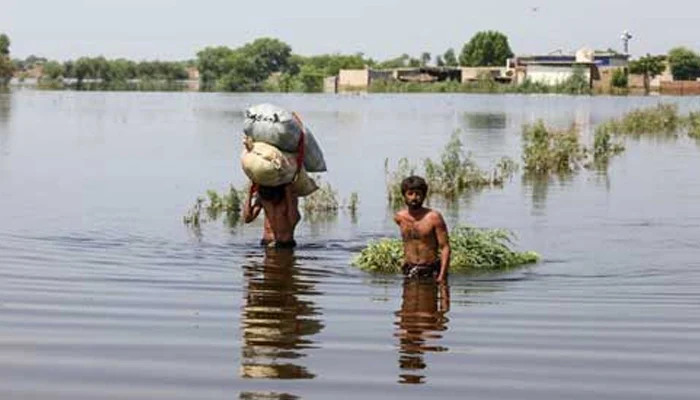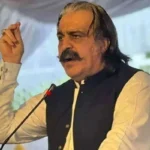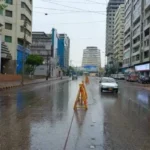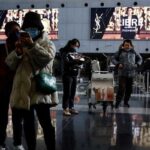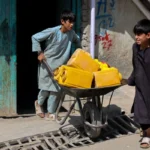Ali T. Sheikh, Pakistan’s top authority on climate change and sustainable development, looks at the world’s largest diplomatic conference with a mixture of caution and trepidation as the COP30 draws near amid descending geopolitical clouds — characterized by a rise in right-wing extremism, corporate reversals, and militarism.
Knowing how COPs operate and who gets a seat at the table becomes even more important in light of this complicated background.
UN agencies, multilateral organizations, and non-governmental organizations engage as accredited observers in COPs (Conferences of the Parties), which are decision-making bodies of international accords. Although it does not have official observer status, the business sector frequently participates in government delegations.

